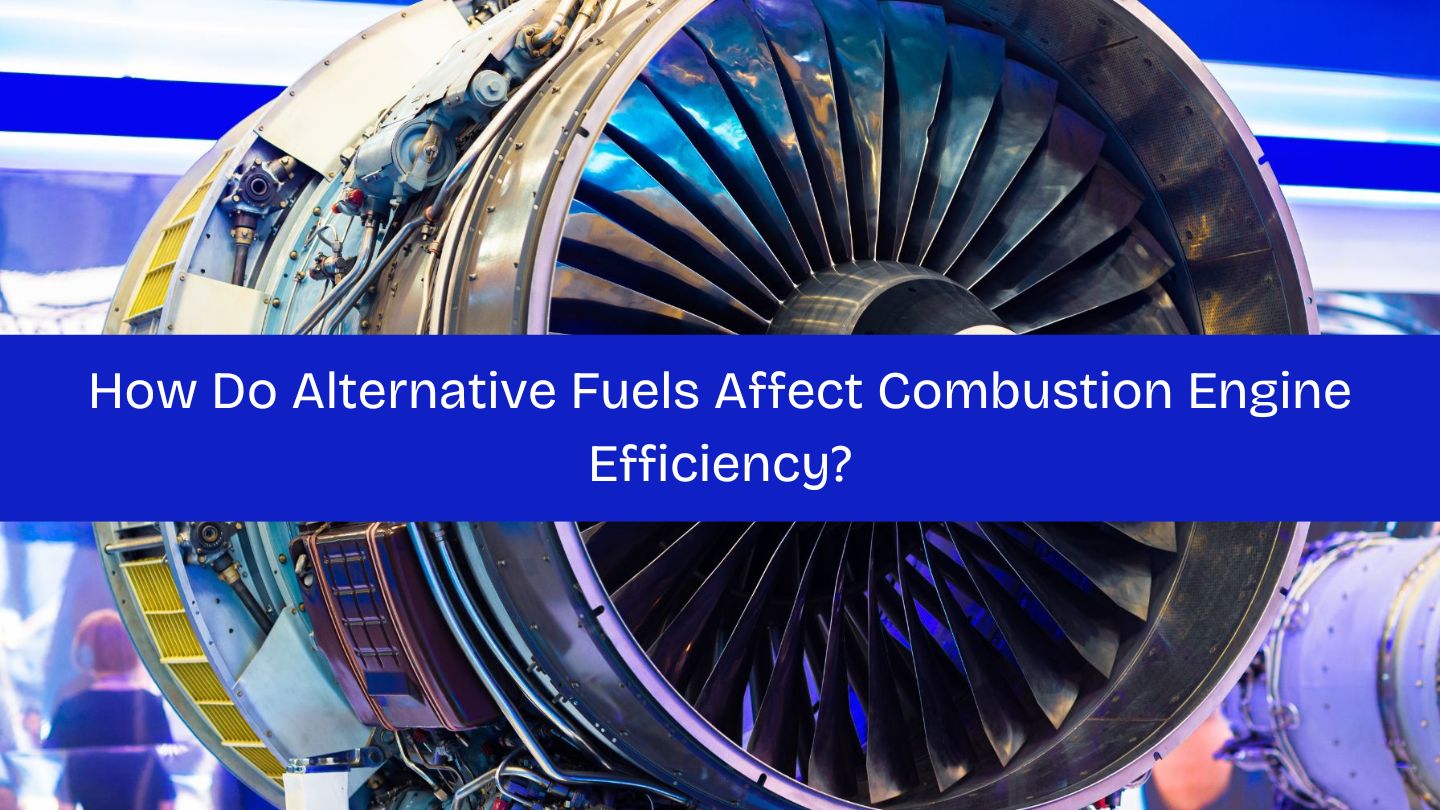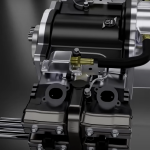- April 11, 2025
- Automotive Technology
- Posted by admin
- Comments Off on Introducing Ahiravata Motor Powered by CV Motion Technology – The Future of Engine Innovation
For over 130 years, engines have relied on the traditional crankshaft to convert the pistons’ linear motion into rotary motion. While this system has powered generations of vehicles and machines, its geometric limitations have caused major inefficiencies — from reduced torque to higher fuel consumption and harmful emissions.
But now, the game is changing.
Meet the Ahiravata Motor, powered by revolutionary Constant Velocity (CV) Motion Technology — a breakthrough that eliminates the crankshaft and replaces it with a Powershaft and Rodrack Assembly. This innovative design doesn’t just tweak engine performance — it reinvents it.
Why CV Motion Technology is a Game-Changer:Up to 58% More Torque than traditional crankshaft engines of similar power
Over 50% Less Fuel Consumption
More than 70% Reduction in Exhaust Emissions
A cleaner, more powerful, and far more efficient engine solution
Whether it’s engines, pumps, air motors, hydro-generators, or future machines yet to be imagined — CV Motion Technology promises to redefine motion and performance across industries.
Watch the video to see how Ahiravata Motor is driving the future.
Experience the tech that outperforms, outlasts, and outthinks traditional engines
- February 6, 2025
- Automotive Technology
- Posted by admin
- Comments Off on How Do Alternative Fuels Affect Combustion Engine Efficiency?
Ongoing pursuit towards sustainable energy has given birth to new age alternative fuels, especially for internal combustion engines. Various cleaner and more efficient alternatives for the dreaded ICE exist, like hydrogen and biofuels, as well as hybrid sludge. As they all burn differently, you can see how they would affect performance, emissions levels, and long-term sustainability of combustion engine use.
 A Guide to Alternative Fuels
A Guide to Alternative Fuels Besides, alternative fuels are non-conventional sources of energy, which can replace the petroleum fuels. Such fuels range from hydrogen to ethanol, biodiesel, and compressed natural gas (CNG) to electricity-assisted hybrid systems. Each one of these fuels behaves a little differently, impacting how well an engine performs.
Hydrogen Combustion Engine: The Future of Clean EnergyCombustion engines using hydrogen have received interest due to their ability to achieve near-zero tailpipe emissions and a high energy conversion efficiency. Unlike conventional gasoline engines, which depend on carbon-based fuels, hydrogen combustion engines use hydrogen gas as the main fuel.
The major advantages of hydrogen combustion can be summarized as follows: Greater Efficiency –Hydrogen is more efficient than gasoline as it can generate more power for every unit of fuel burned.
Lower Emissions –Hydrogen combustion produces mostly water vapor, reducing or completely eliminating the emissions of carbon dioxide, which is the biggest culprit in climate change, hence hydrogen is a cleaner fuel.
Improved Fuel Economy –Hydrogen combustion engines often yield better mileage compared to traditional combustible fuels because hydrogen has a greater fuel energy-to-output conversion rate.
Despite the supporting policy landscape, challenges including hydrogen storage, distribution, and refueling infrastructure remain barriers to widespread adoption.
Hybrid Motors: The Best of Both WorldsHybrid engines enhance fuel efficiency and lower emissions by combining conventional internal combustion engines with electric propulsion systems. Being a trusted manufacturer of hybrid engine dealers, Ahiravata has witnessed a spike in demand for hybrid solutions as they have far more benefits when compared to normal combustion engines:
Better Fuel Efficiency –Since hybrid engines utilize electric power at low speed operations, they consume less fuel.
Decreased Carbon Footprint –Electric power can eliminate fossil fuel reliance, decreasing harmful emissions.
Regenerative Braking –Hybrid cars use kinetic energy from braking to recharge their batteries, leading to additional efficiency gains.
Enhanced Power Delivery —Modern hybrid engines adjust the powertrain as a unit to switch between electric and fuel power effortlessly, optimizing vehicle performance.
Challenges of Alternative Fuels AdoptionDespite the benefits of alternative fuels, there are a number of challenges that impede their uptake:
Infrastructure Development –Hydrogen and electric charging stations are relatively infrequent compared to legacy refueling stations.
Upfront Cost –Alternative fuel vehicles generally have a higher initial cost.
Fuel storage and transportation –Some fuels like hydrogen will need extra specialized storage and handling to be safe and effective.
Technological Adaptation –Internal combustion engines optimized for gasoline require reengineering for cleanliness on other fuels.
Alternative Fuel Technologies in the FutureAlternative Fuels, as the world moves to sustainable, will define the future of the automotive world. To overcome this, hydrogen combustion engines and hybrid vehicles have been making waves in the auto industry, offering cleaner and greener alternatives that help reduce emissions while meeting consumer demands for mobility.
At the forefront of this transformation is Ahiravata, a trusted Hybrid engine dealer that provides advanced hybrid and alternative fuel-powered engine solutions. Adopting these technologies will lead us closer to a low-emission, high-efficiency, and sustainable future.





